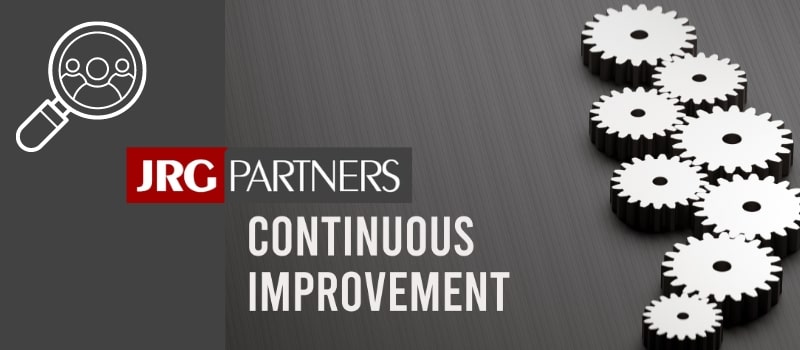Continuous improvement, also known as continuous improvement process (CIP) or continual improvement, is a systematic and ongoing effort to enhance products, services, or processes incrementally over time. Rooted in principles of quality management and organizational learning, continuous improvement involves identifying areas for improvement, implementing changes or innovations, measuring outcomes, and iteratively refining processes to achieve higher levels of performance, efficiency, and effectiveness.
Continuous improvement is a fundamental aspect of various management philosophies and methodologies, including Total Quality Management (TQM), Lean Six Sigma, Kaizen, Agile, and Continuous Improvement (CI) frameworks. By fostering a culture of innovation, learning, and adaptability, continuous improvement enables organizations to stay competitive, respond to changing market conditions, and meet evolving customer needs and expectations.
Key elements of successful continuous improvement initiatives include leadership commitment and support, employee empowerment and engagement, data-driven decision-making, collaboration and communication across departments, and a focus on incremental, sustainable changes. Organizations that embrace continuous improvement as a core value and strategic imperative can achieve significant gains in productivity, quality, customer satisfaction, and long-term success.
You may also be interested in learning about these terms:
Continuous Improvement
Employee Engagement
Performance Engagement


